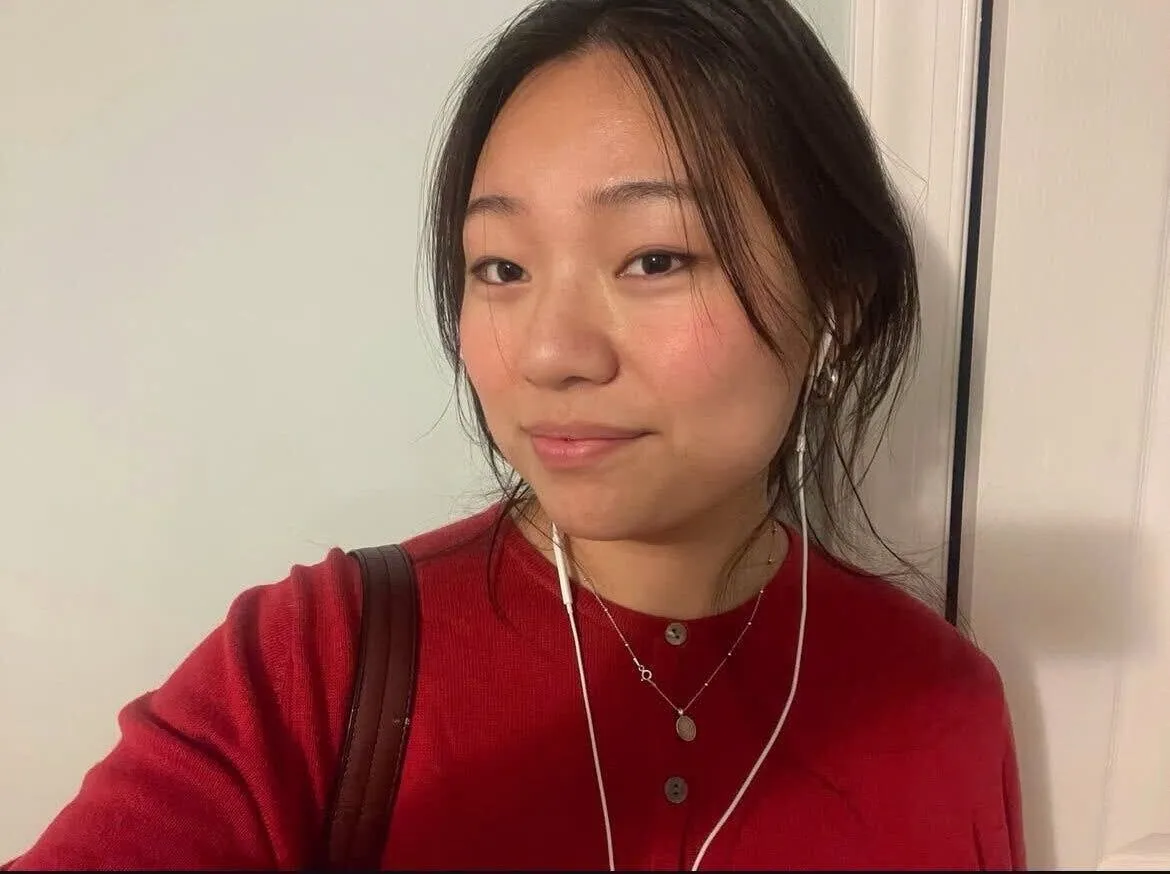Columbia Student’s Shocking Deportation Battle: Yunseo Chung’s Fight for American Dream
In a gripping saga that intertwines immigration policy, civil rights, and the pursuit of the American Dream, Yunseo Chung, a junior at Columbia University, finds herself in a battle against deportation. Having immigrated from South Korea at the tender age of 7, Chung has called the United States home for nearly two decades. However, her recent involvement in political activism—specifically, a pro-Palestinian demonstration at Barnard College—has led to a legal fight that has captured national attention.
Chung’s legal troubles began after her participation in protests advocating for Palestinian rights. This activism has drawn the ire of immigration authorities, leading to her facing deportation. In response, Chung has filed a lawsuit seeking a court order to block her deportation, arguing that it violates her rights as a student and activist. Her case raises critical questions about the treatment of noncitizens engaged in political activism within the United States.
The backdrop of Chung’s situation is marked by the controversial immigration policies enacted during the Trump administration, which have been criticized for targeting students and activists. Many advocates argue that these policies threaten free speech and civil rights, particularly for those who dare to speak out against the government. Chung’s case is emblematic of these broader issues, highlighting the precarious position of undocumented individuals in the U.S. who wish to express their political beliefs.
Recently, a federal judge granted a temporary stay on Chung’s deportation while legal proceedings continue. This development provides a glimmer of hope for Chung and her supporters, who argue that her deportation would not only disrupt her life but also undermine the fundamental American values of opportunity and freedom of expression. As the legal battle unfolds, the implications of Chung’s case could set important precedents for future deportation cases involving political speech and activism.
Chung’s story has resonated with many, particularly young immigrants who share her fears of deportation despite their contributions to society. Supporters have rallied around her, using social media to amplify her plight with hashtags that have trended across various platforms. Prominent civil rights organizations and figures have also expressed their solidarity, emphasizing the importance of protecting student activists like Chung.
The legal arguments in Chung’s case may delve into interpretations of immigration laws dating back to the 1950s. These laws, often seen as outdated, could play a pivotal role in determining the outcome of her fight. The stakes are high, as the outcome could influence how similar cases are handled in the future, particularly those involving individuals who engage in political activism.
Chung has maintained a strong academic record at Columbia University, balancing her studies with her activism. Her involvement extends beyond protests; she has been an active participant in campus organizations advocating for social justice and immigrant rights. This dual commitment to education and activism exemplifies the potential of young immigrants to contribute positively to society, a narrative that supporters hope to highlight in their advocacy for her case.
As the legal team representing Chung—a group of experienced immigration lawyers specializing in deportation defense—continues to navigate the complexities of her case, the national conversation surrounding immigration reform intensifies. Advocates argue that Chung’s story underscores the urgent need for more humane policies that protect individuals like her, who are seeking to make a difference in their communities.
The backlash against Chung’s deportation has sparked discussions in Congress about the necessity for comprehensive immigration reform. Lawmakers are being urged to consider the implications of deporting individuals who have lived, studied, and contributed to American society for years. Chung’s case serves as a poignant reminder of the struggles faced by many undocumented students, who live in constant fear of deportation despite their aspirations.
In conclusion, Yunseo Chung’s fight against deportation is not just a personal battle; it is a reflection of a larger struggle for justice and equality faced by countless undocumented individuals in the United States. As her case unfolds, it highlights the intersection of immigration policy, civil rights, and the fundamental freedoms that many Americans hold dear. Chung’s resilience in the face of adversity serves as an inspiration to many, igniting a conversation about the values that define the American Dream and the importance of protecting those who dare to pursue it.






Leave a Comment